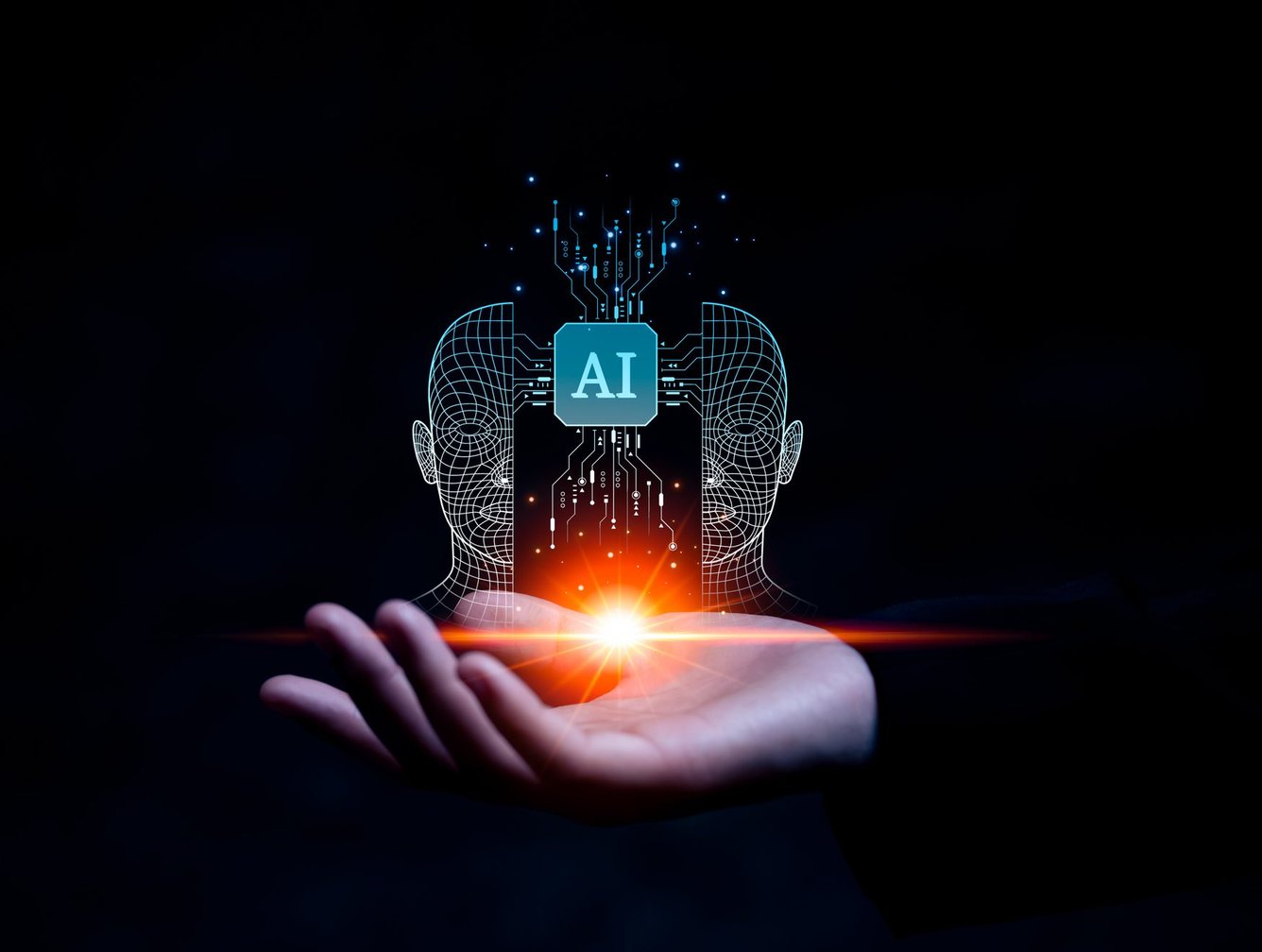In our rapidly evolving digital landscape, accessibility is not just a buzzword but a fundamental aspect of ensuring equitable participation for all. With the advent of Artificial Intelligence (AI), strides have been made in enhancing digital platform accessibility, thus breaking down barriers and fostering inclusivity. From website navigation to content comprehension, AI-powered solutions are revolutionizing the way people interact with technology.
One of the most impactful applications of AI in enhancing accessibility is through intelligent voice recognition and natural language processing (NLP) algorithms. Voice-controlled interfaces empower individuals with disabilities to navigate digital platforms effortlessly, regardless of physical limitations. Whether it’s browsing the web, sending emails, or interacting with applications, AI-driven voice assistants provide a seamless user experience, thereby promoting independence and autonomy.
Moreover, AI algorithms play a crucial role in improving content accessibility for individuals with visual impairments. Through advanced image recognition and text-to-speech technologies, digital content can be converted into accessible formats such as audio descriptions and alternative text. This enables visually impaired users to access graphical content on websites, social media platforms, and digital documents with ease, enriching their online experience and fostering greater inclusion.
Another significant advancement facilitated by AI is the development of adaptive user interfaces tailored to individual needs. Machine learning algorithms analyze user interactions and preferences, dynamically adjusting interface elements such as font size, color contrast, and layout to optimize accessibility. By personalizing the user experience based on specific accessibility requirements, AI-driven interfaces cater to diverse user demographics, including those with cognitive and motor impairments.
Furthermore, AI-powered automated captioning and transcription services are revolutionizing accessibility in multimedia content. Real-time speech recognition algorithms generate accurate captions for videos and live streams, ensuring that deaf and hard-of-hearing individuals can access auditory content without barriers. Additionally, AI-driven transcription services convert audio and video content into text format, enhancing comprehension and accessibility for users with auditory processing disorders or language barriers.
In the realm of web accessibility, AI-driven solutions are instrumental in identifying and rectifying barriers to access. Automated accessibility testing tools leverage machine learning algorithms to analyze web content for compliance with accessibility standards such as WCAG (Web Content Accessibility Guidelines). By detecting and highlighting accessibility issues such as insufficient contrast, missing alternative text, and keyboard navigation errors, these tools enable developers to create more inclusive digital experiences.
Despite the remarkable progress made in enhancing digital platform accessibility with AI, challenges persist, particularly in the areas of data privacy and algorithmic bias. Safeguarding user data and ensuring ethical AI practices are paramount to building trust and promoting widespread adoption of AI-driven accessibility solutions. Moreover, addressing bias in AI algorithms to prevent inadvertent discrimination against marginalized communities is essential for fostering truly inclusive technology.
In conclusion, the integration of AI technologies holds immense promise for enhancing digital platform accessibility and fostering inclusivity for individuals of all abilities. From voice-controlled interfaces to adaptive user interfaces and automated captioning services, AI-driven solutions are reshaping the digital landscape, breaking down barriers, and empowering users to fully participate in the digital age. By continuing to innovate and prioritize accessibility in technology development, we can create a more inclusive and equitable future for all.












nice